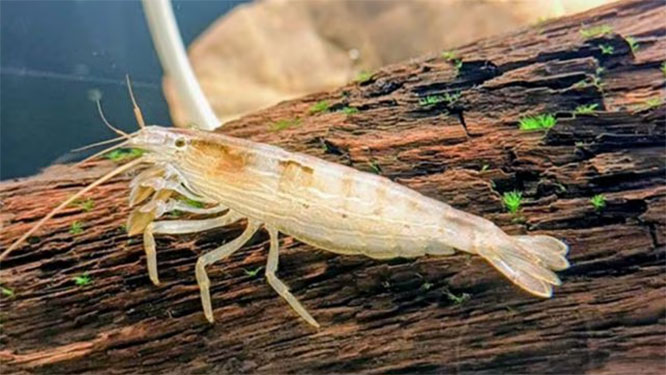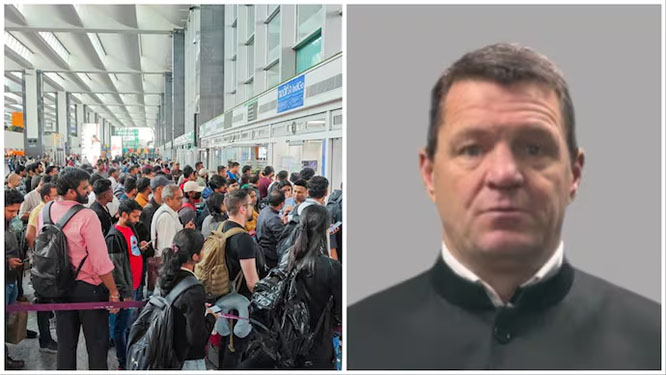
New Delhi, Oct 16: Alleging that the two previous "secular" governments of Karnataka ignored a report on encroachment of Waqf Board properties, BJP MP Rajeev Chandrasekhar on Thursday demanded that the properties should be used for the welfare of poor Muslims.
Chandrasekhar, while briefing media at the BJP headquarters here, said that a report of Karnataka Waqf Board was submitted eight years ago and it was not placed by two consecutive "secular" governments in the Vidhan Sabha. "The previous JD(S)- Congress government, led by H D Kumaraswamy and Siddaramaiah, did not table the report. Now, the BJP government in Karnataka has placed the report in the Vidhan Sabha and I hope it will reach a conclusion," he said.
The report allegedly links several Congress politicians like like Member of Legislative Council C M Ibrahim, Rajya Sabha MP Mallikarjun Kharge, and former MP Rehman Khan to the encroachment of Waqf properties, calculating a loss of around Rs 2 lakh crore for the Board.
The report was prepared by Karnataka State Minorities Commission, headed by Anwar Manippady in 2012 when the BJP was in power.
Chandrasekhar said that while former prime minister Manmohan Singh once said the minorities of the country have the first right to the nation's wealth, he didn't see that people belonging to his party are looting them.
"The BJP has demanded that whether it's Karnataka or any part of the country, a proper investigation should be done and Waqf properties should be used for poor Muslims as it is meant for them," he said.







Comments
Add new comment